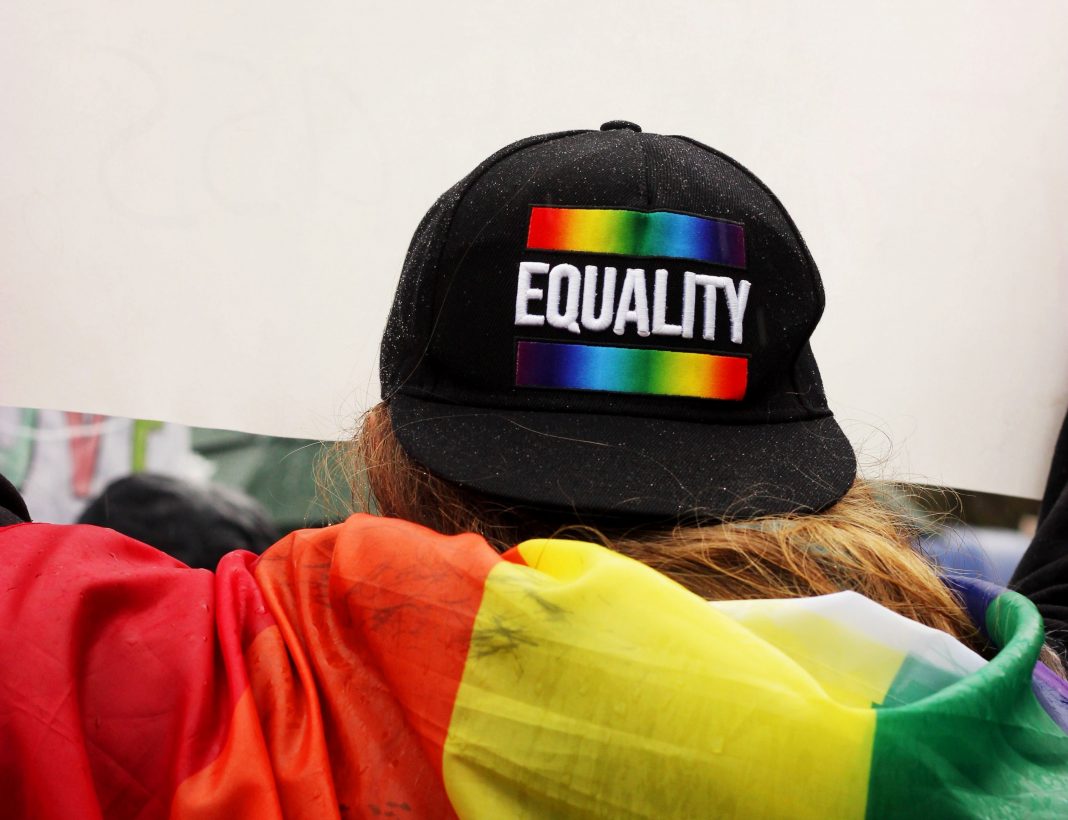The General Election of 2015 is generally the forgotten election. Quickly overtaken by the Brexit referendum and the tumult of the 2017 Election and all things Brexit, it is a vague memory.
But it was a significant turning point in Conservative thinking, and they did win a majority for the first time since 1992. In some ways the Conservative manifesto and the Conservative party of 2015 were the culmination of the work of Theresa May, started during her chairmanship of the Conservative party far back in 2002.
That was when she uttered the phrase “they call us the nasty party” describing how others saw the conservatives, and it stuck.
But her real message was that a whole rising generation in the electorate, and also therefore in employment and business found the conservative association with dog whistles to racism, sexism, homophobia, discrimination intolerance and neglect of all kinds unacceptable, it was not the “one nation” they wanted to belong to.
The 2015 manifesto was the “inclusive manifesto” containing a commitment to end discrimination and promote equality that were a step change for modern conservatives. Without inclusive policies there is no “one nation”. And that manifesto went on to win a small but surprising majority for David Cameron.
Libby Purvis, the Times columnist described the profile at the BBC as young, more gender balances, more ethnically diverse but suggested that the BBC risked leaving the old, believers in faith , the rural and the disabled out of their loud celebrations, and not making them feel included.
Theresa May was central to the campaign to bring more women into her party in Parliament and across senior positions in government, and you will hear repeated and genuine tributes from senior women to her support. Plus you just need to look at the senior ranks of the Conservative Party to see the change.
But she also helped change the attitude of the Conservatives to discrimination and inequality in business, not just employment but the whole conduct of business. The default position since 1945 of the Conservatives as “the party of business” was to hold back, slow down, dilute, delay or outright oppose any equality action that added to complexity or costs and wait until business practice caught up with social change and then consolidate it in law or practice. A slow and frustrating approach for many, which gave away all the equalities political ground to Labour.
Some time between 2012 and 2015 the highest level of the Conservative Party lost patience with business.
The result was a significant change in attitude that took the business world by surprise and which many still have not fully appreciated. Businesses were going to be put in the front line, transparency would hold them to account for their actions and government would step back and let consumers, public opinion and social media bring the full force of public opinion to bear.
Across the whole field of people management and social justice business, did not seem to senior conservatives, to be taking their social obligations seriously. Evading corporation tax: not training apprentices, excessive top salaries, few women on boards, continuing gender pay gaps, increasing casualisation, confusion marketing, deliberately using tax credits to subsidise low paid working wages, evading pensions duties – the list goes on.
Every unwritten social settlement under an unwritten constitution, the gentle reforming pride of conservative Britain was being ignored by selfish commerce. The Conservatives were tired of taking the blame for every business shortcoming, discrimination and neglect. They wanted to change the record. And they did, first with gender pay and then onto race disparity and along with changes to the marriage laws they reformed across the board.
That was huge change. But it was quickly overtaken by a backlash, one happening both in the UK and in the USA. The Brexit vote and the Trump election had the seeds of a warning that social reform needs to carry the whole population with it and not create new categories of people feeling left behind or neglected. It’s a lesson that many businesses and organisations are adopting in their equality and diversity work. It has to include and pay attention to the whole workforce, and clients, and carry the whole business community with the change and avoid any sense of exclusion.
The lessons of the 2017 Election have reinforced the fear among policymakers that “left behind” communities are all around us and failure to be all inclusive risks becoming toxic to political and business life, creating senses of exclusion and grievance. How many personnel directors and diversity managers have detected that pushback against their equality and diversity work?
Once again business and public management is having to watch society change and reflect the lessons in their own approach. This is almost certainly part of the explanation for the rise of “inclusion strategies and approaches” at this years Global Equality and Diversity conference and awards broadcast. This time it is business that is trying hard not to fall behind.
Find out more at http://www.gedconference.com/conference-2018/









